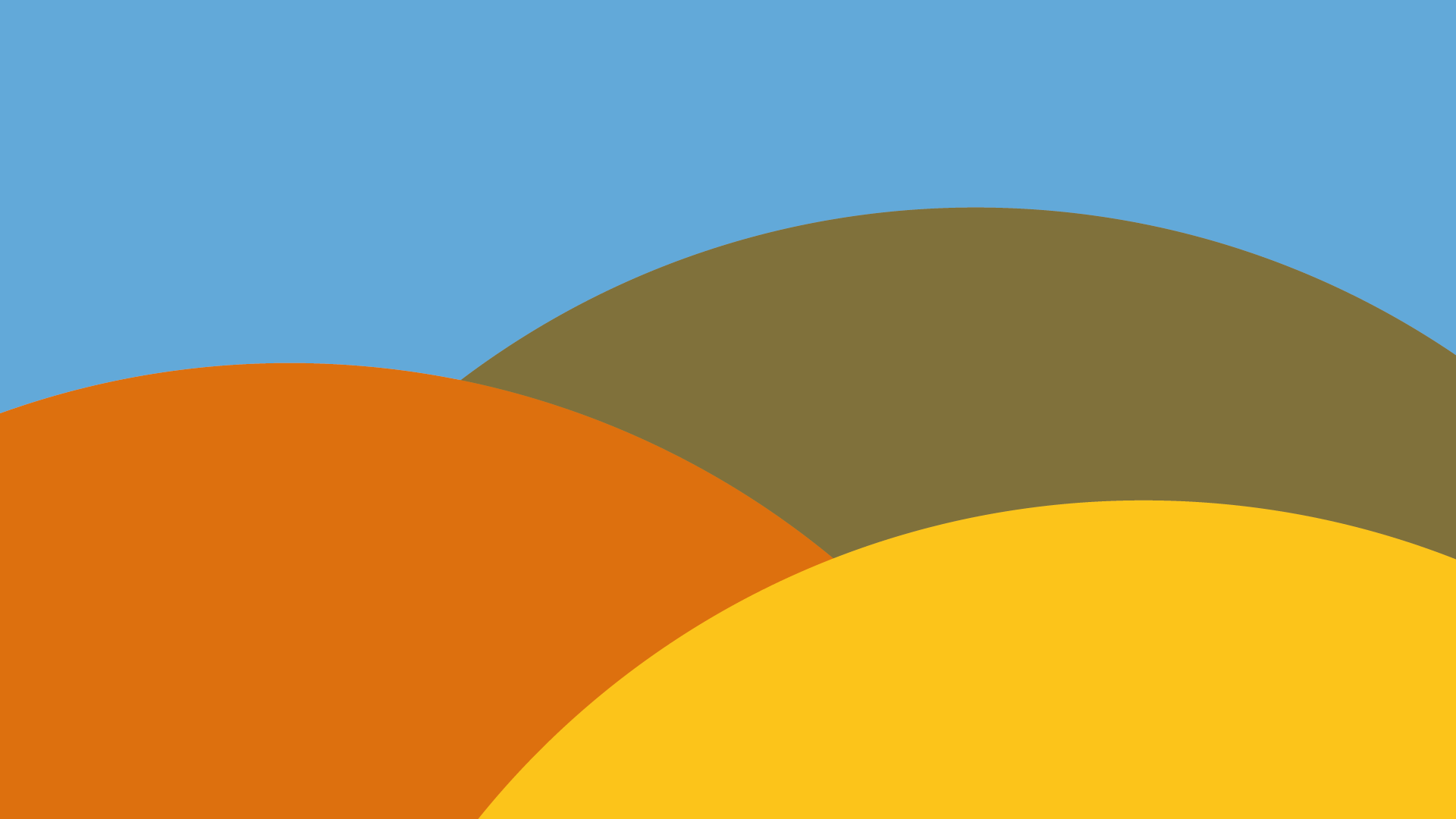RI2 | The Gorge That Breathed
After the lush quiet of Garfagnana had folded itself into memory—into Klaus’s photographs, Margarethe’s green-toned sketches, and the children’s pockets lined with feathers and pebbles—the Richter family continued their gentle voyage southward, tracing the sinuous spine of the Apennines.
They didn’t follow signs. They followed sensations.
It was a leaflet, half-crumpled and water-stained, that Margarethe found under the sun visor of Fridolin, their old Volkswagen van. It bore a faded image of a canyon and a name that seemed whispered: Orrido di Botri. The name intrigued them not for what it promised, but for how little it said.
So they turned off the main road and entered a forest that grew thicker with every kilometer, as if the trees had no intention of letting them through. Fridolin growled affectionately, bumping over stones and roots, until the forest finally relented and gave way to a tiny clearing with a wooden sign and a worn path that vanished into green.
The Richters parked. No need for debate. They changed into water shoes, packed a small rucksack with apples and almond biscuits, and stepped into the unknown.
What followed was not quite a hike and not yet a river trek. It was a procession through silence.
The path narrowed until it became a dry stream bed, then a shallow trickle, then a canyon where the walls rose like cathedral buttresses on either side. The light thinned. The sky became a ribbon above their heads. The air smelled of wet limestone and fern.
The water was cold. Not just "refreshing" but a deep, ancient cold that made your bones aware of their own age. Klaus led the way, his movements careful, reverent. Lisa and Timmy followed, mouths half-open in the kind of wonder children rarely admit out loud. Margarethe brought up the rear, her sketchbook tucked under her arm, knowing she would not draw today.
The canyon walls closed in, and the only sound was the music of trickling water and the occasional drip from the stone ceiling. At times, they had to wade waist-deep, shoes slipping on smooth river rocks, clothes clinging to their legs. But no one complained. Even Timmy, usually a little drum of questions, said nothing.
In a wider bend of the gorge, where the sunlight fell in a vertical column like a blessing, they stopped. Klaus sat on a rock in the stream and closed his eyes. Lisa reached into the water and pulled out a stone shaped like a heart. Timmy looked up and whispered, “It’s like the Earth is breathing.”
And it was. The canyon didn’t echo—it inhaled. A long, slow rhythm of air and water and moss, older than language.
They stayed like that for an hour or maybe more. Time had folded itself away, embarrassed to intrude.
When they finally turned back, the same path seemed different, softened by their having passed through it. Fridolin was waiting, dappled in leaf-light, patient as ever. They sat on the van’s fold-out bench, peeled apples, and passed around the biscuits. No one spoke of what they had seen. There was no need.
That night, parked under a canopy of stars in a clearing just beyond the forest, they lit a small fire. The flames flickered on their damp clothes hanging from a rope. Klaus said, “We didn’t just visit the gorge. We listened to it.”
Margarethe smiled and opened her sketchbook to a blank page.
And the page remained blank.
Some places, she thought, are not meant to be drawn.








